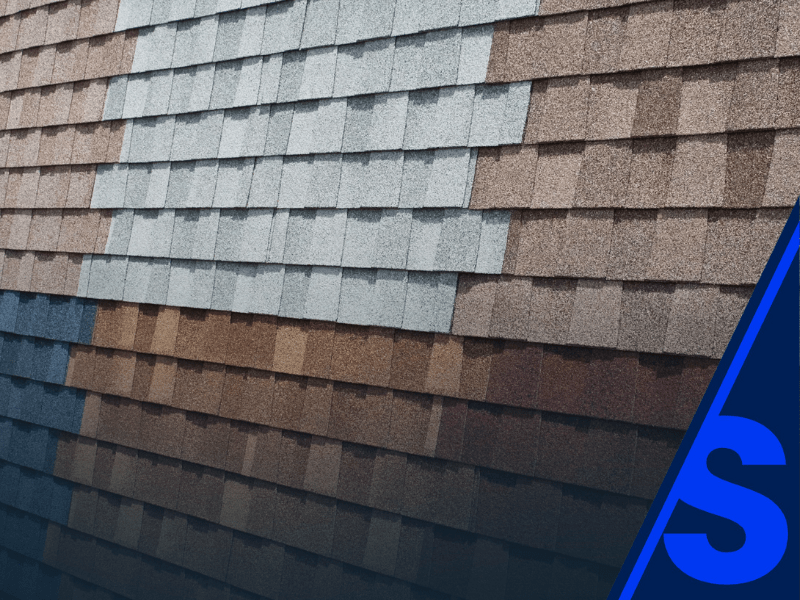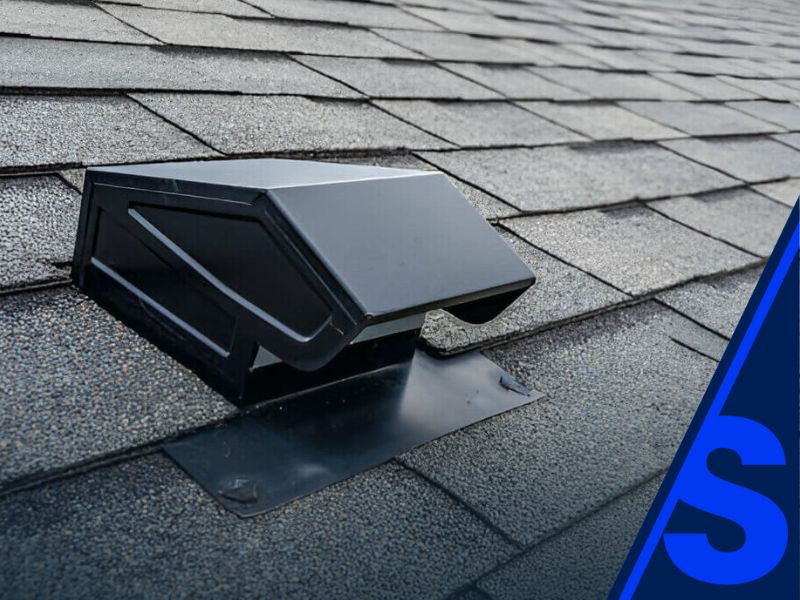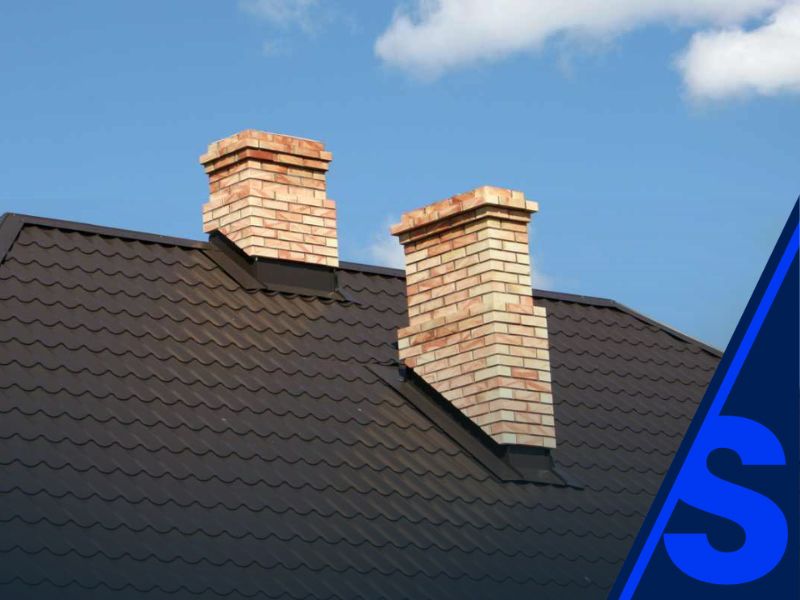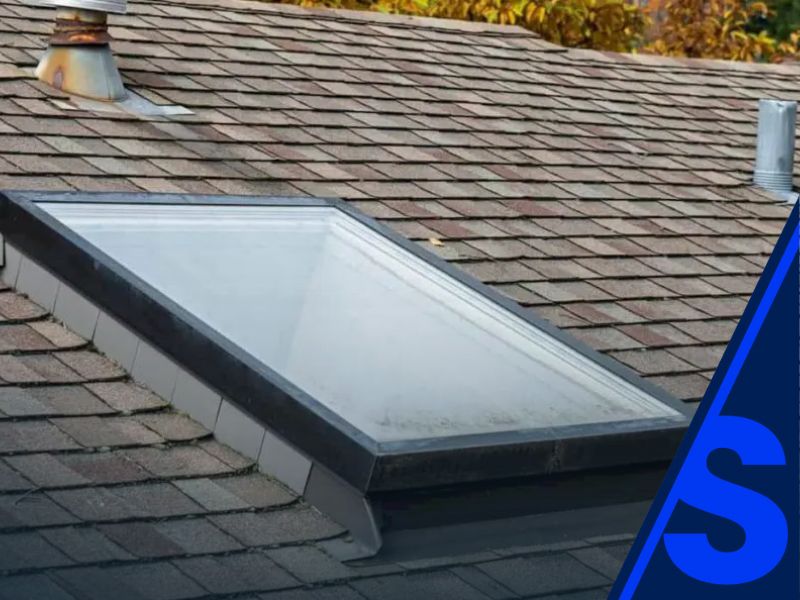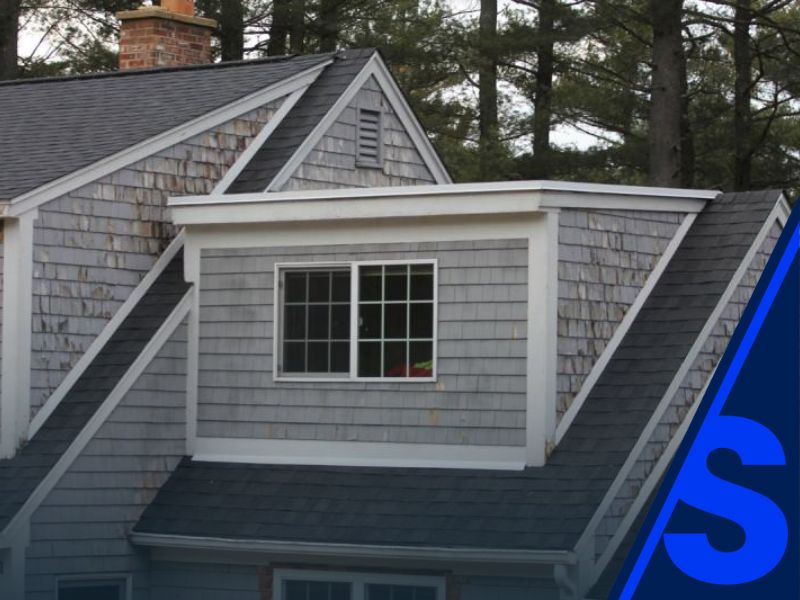Table of Contents
When it comes to selecting a roofing material for a commercial roof or large-scale residential development, durability and compliance with modern building codes are critical. Builders, contractors, and property owners alike need roofing systems that perform under Florida’s unique weather conditions, resist wear from hurricanes, and deliver long-term energy efficiency. This guide explores the most durable roofing materials available today, compares their performance, and explains how to choose the right roofing material for your next commercial roofing project.
Why Durability Matters in Commercial Roofing Systems
Durability is the backbone of any roof system, especially in large-scale projects like commercial buildings or production home communities. A durable roof minimizes maintenance costs, reduces the need for frequent roof repairs, and extends the longevity of your commercial roof system.
In Florida, where hurricane-force winds and heavy rainfall are common, durability is not just a nice-to-have, it’s a necessity. Local building codes and the Florida Building Code (FBC) set strict code requirements for roofing installation to ensure that every roofing material meets safety and performance standards. Builders who fail to select durable roofing materials risk higher insurance premiums, costly roof replacement, and even liability if the system doesn’t meet compliance.
Additionally, a durable and energy-efficient roofing solution contributes to lower energy costs, helping both commercial properties and residential projects maximize long-term value. The right roofing choice combines durable materials, energy efficiency, and compliance with the latest Florida building code updates.
Top Durable Roofing Materials for Large-Scale Builds
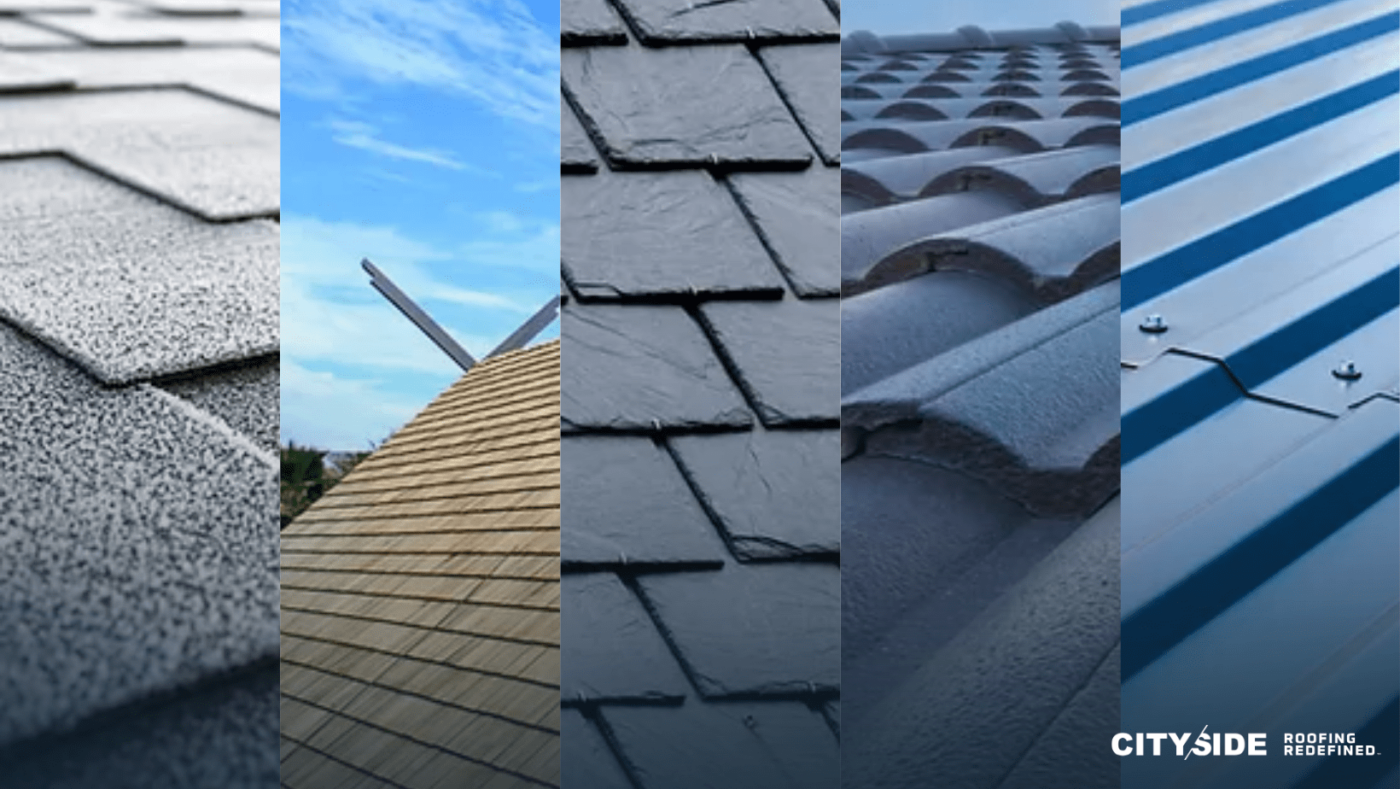
Choosing the right roofing material for a commercial roof or large-scale project requires balancing durability, cost, compliance, and performance in Florida’s extreme weather conditions. Below are the most durable roofing materials commonly used in commercial roofing systems and large developments.
Asphalt Shingles
Asphalt shingles are a popular choice for both residential and commercial roofing services, especially when balancing affordability and proven performance. Modern asphalt roofing has advanced significantly, offering higher durability and improved energy efficiency compared to earlier generations.
- Strengths: Easy installation, low initial installation cost, and availability in a variety of designs.
- Limitations: While cost-effective, shingles may require more frequent repair in hurricane-prone regions unless reinforced.
For residential roofing within large-scale communities, shingles remain the most widely used roofing material due to their balance of cost and performance. However, for commercial properties, builders often combine shingles with other roofing solutions for better longevity of your roofing system.
Metal Roofing
Metal roofing systems, particularly standing seam roofing, are among the most durable roofing materials available. A metal roof can withstand strong hurricane winds, resist fire, and provide excellent energy-efficient roofing by reflecting solar heat.
- Strengths: Exceptional durability, long life span, resistance to weather conditions, and energy efficiency that reduces energy costs.
- Limitations: Higher initial installation cost compared to shingles, though the long-term savings make it one of the best commercial roofing investments.
In commercial buildings and flat commercial developments, metal roofing systems are often chosen as a durable solution that meets strict Florida building code standards. Builders seeking reliable roofing performance under high-volume projects often work with an experienced roofing contractor to ensure precise roofing installation.
Concrete and Clay Tiles
Tile roofing, either concrete or clay, is considered one of the most durable materials in the roofing industry. These natural materials are heavy and require a strong roof deck, but they provide unmatched durability and a lifespan that can exceed 50 years.
- Strengths: Aesthetically appealing, long-lasting, and excellent at withstanding Florida’s weather conditions including high winds.
- Limitations: Heavy weight may increase structural requirements, and roofing contractors will need specialized skills for installation.
For luxury commercial properties and residential and commercial roofing developments in South Florida, tile roofing remains a leading roofing choice due to its proven performance and compliance with Florida’s building code.
Built-Up Roofing (BUR) Systems
Built-up roofing systems (BUR) are a proven roofing solution for commercial flat roofing. This method uses multiple layers of bitumen and reinforcing fabrics, creating a strong roof system designed for durability.
- Strengths: Excellent for flat roofs, resistant to heavy foot traffic, and provides good waterproofing.
- Limitations: Installation can be labor-intensive, and the cost of materials may be higher compared to some synthetic materials.
For commercial roofing contractors handling large-scale projects, BUR remains a traditional roofing method that delivers long-term roofing and is one of the most resilient options in the market for flat roof applications.
TPO and EPDM Membranes
Single-ply roofing membranes like TPO roofing, EPDM roofing, and PVC roofing are among the most widely used types of commercial roofing materials for flat commercial and industrial buildings. These synthetic materials are lightweight, cost-effective, and easy to install across large surfaces.
- Strengths: Flexible, reflective for energy efficiency, and durable under Florida’s weather conditions.
- Limitations: May require more frequent roof maintenance compared to metal roofing systems or tile roofing.
Builders often select TPO or EPDM as a roofing solution when constructing commercial roof systems that demand scalability, fast roofing installation, and compliance with code requirements.
How to Match Roofing Material to Project Type
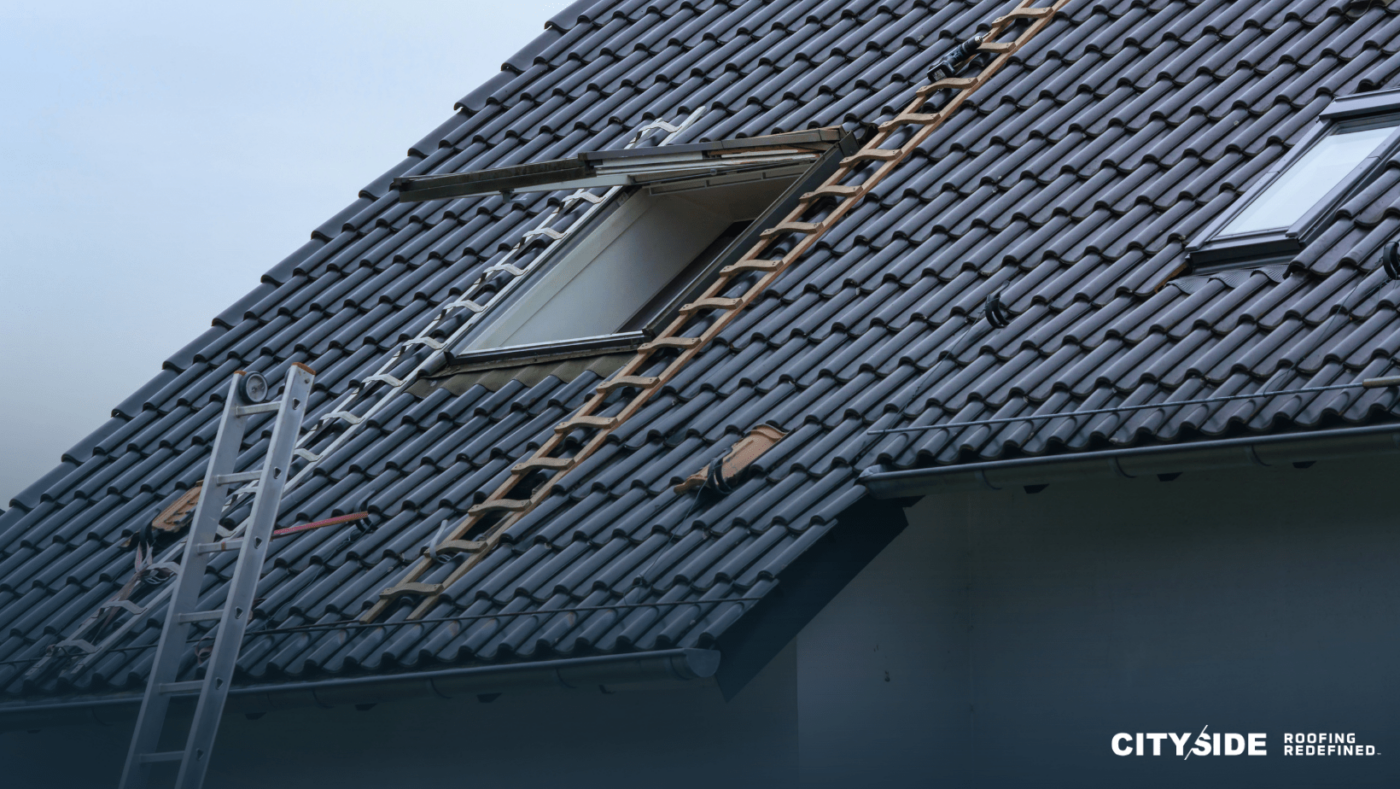
Selecting the right roofing material isn’t just about durability, it’s about aligning the roof system with the unique needs of each commercial building or development.
- High-volume residential communities: Asphalt shingles remain cost-effective for production housing, but require reinforcement for wind resistance in Florida.
- Commercial flat roofing projects: TPO roofing, EPDM roofing, or PVC roofing are often the preferred roofing options due to ease of installation and scalability.
- Luxury or custom projects: Tile roofing or a metal roof often makes sense, offering both aesthetic appeal and long-term durability.
Builders should also consider roof age and long-term roof needs when evaluating whether to choose repair or replacement. In many cases, a full roof replacement is more cost-effective than repeated roof repairs, especially under Florida’s roofing laws and stricter compliance standards.
Energy Efficiency and Roofing Choices
Energy performance is now a major factor in choosing durable roofing materials. With Florida’s heat and high energy costs, builders are under pressure to select energy-efficient roofing systems that reduce cooling loads for commercial properties and homes alike.
- Metal roofing systems reflect solar radiation, lowering building heat gain.
- TPO and PVC membranes are highly reflective, making them ideal for flat commercial structures.
- Tile roofing provides natural insulation thanks to air gaps under the roof covering, reducing heat transfer.
The latest Florida building code places more emphasis on energy efficiency in roofing work in the state, meaning your roofing choice impacts not only upfront cost but also long-term compliance and durable and energy-efficient performance.
The Role of Roofing Contractors in Material Selection
Even the most durable roofing materials will fail if not installed correctly. That’s why the role of an experienced roofing contractor is critical in ensuring compliance with the updated roofing regulations.
- Contractors will need to ensure that every roof system is installed to meet Florida building code standards.
- An experienced roofing team helps evaluate materials like aluminum, synthetic materials, or asphalt roofing, ensuring they meet project requirements.
- Commercial roofing contractors bring expertise in both roofing installation and long-term roof maintenance strategies.
Choosing a roofing contractor is as important as selecting the best roofing material itself. The longevity of your roofing system depends on both durable materials and high-quality workmanship.
Comparing Cost of Materials vs. Long-Term Value
When selecting a roofing material for your commercial project, it’s important to weigh the initial installation cost against long-term durability and roof maintenance.
Material | Upfront Cost | Lifespan | Key Benefits | Ideal For |
Asphalt Shingles | Lowest | Shorter | Lower initial investment | Residential, budget-conscious |
Metal Roofing Systems | Higher | Decades | Unmatched durability, energy efficiency, significant long-term savings | Various applications, long-term investment |
TPO and EPDM Membranes | Moderate | Strong energy-efficient roofing performance | Commercial flat roofing | |
Tile Roofing | Expensive | 50+ years | One of the most durable materials | High-end residential, long-term durability |
Builders who choose the best roofing material based only on upfront costs risk spending more on roof replacement and repairs. Instead, the focus should be on durable and energy-efficient solutions that ensure compliance with the Florida Building Code (FBC) and reduce energy costs.
Common Commercial Roofing Systems in Florida
Florida’s unique climate, with hurricane risks, humidity, and heat, drives demand for highly durable roofing materials. The most common commercial roofing types include:
- Single-ply roofing membranes: TPO, EPDM, PVC roofing — lightweight and reflective for energy efficiency.
- Metal roofing systems: Long lifespan and resilience against weather conditions.
- Built-up roofing systems: Reliable roofing solution for flat commercial projects, proven in large developments.
- Tile roofing: Traditional and premium roofing choice, meeting Florida law requirements for code compliance in coastal areas.
These commercial roofing types are widely used for commercial and residential and commercial roofing applications across the state. Builders working with commercial roofing contractors can determine the best option based on project needs, local building departments, and code standards.
Key Factors to Consider When Choosing a Durable Roof
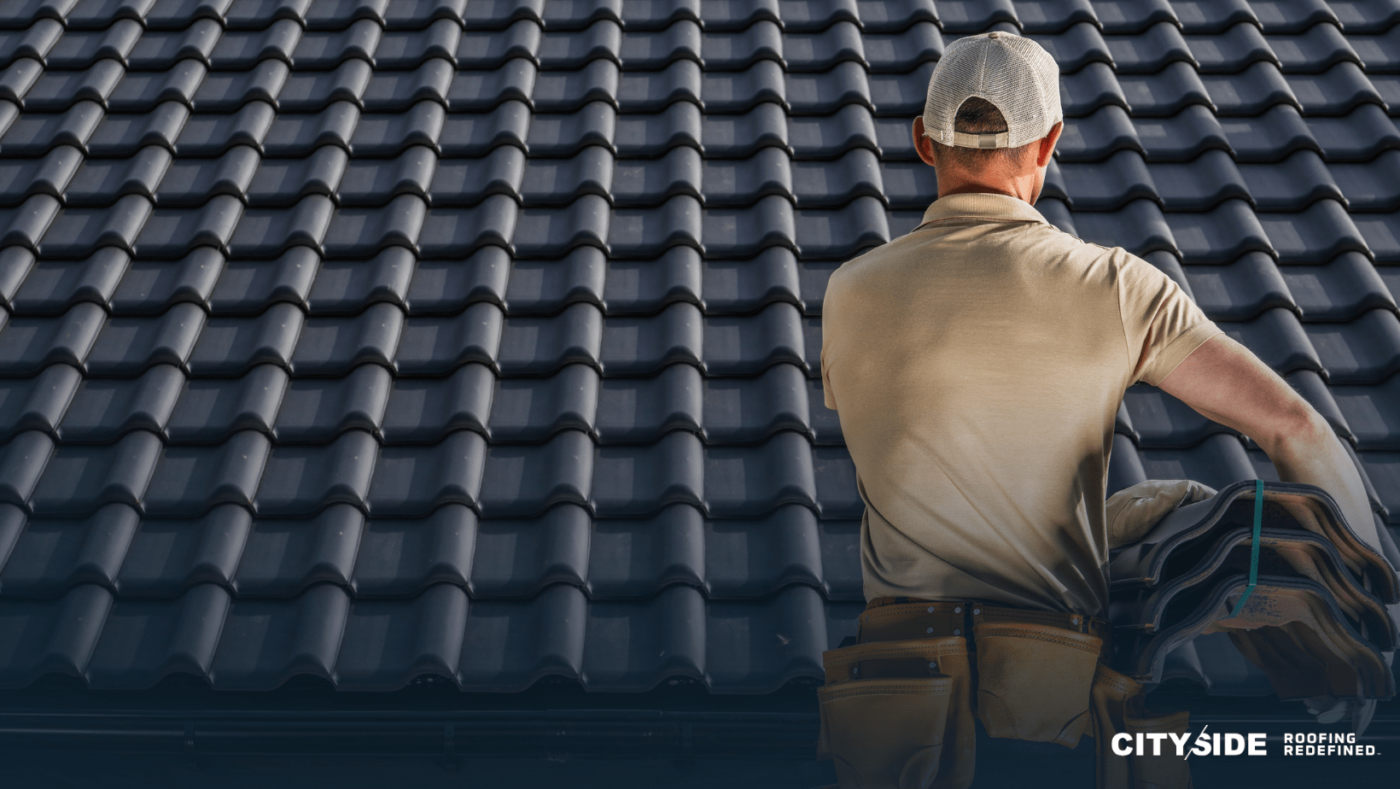
When evaluating different roofing materials, builders should keep these factors in mind:
- Durability: Does the roofing material resist Florida’s weather conditions like hurricanes, heavy rain, and UV exposure?
- Compliance: Does the roof system meet code requirements under the latest Florida building code updates?
- Energy efficiency: Will the system reduce energy costs for commercial properties?
- Maintenance: Does the system require frequent roof repairs, or is it a low-maintenance, durable solution?
- Aesthetics: For luxury projects, does the material align with architectural design?
- Longevity: Will it minimize the need for roof replacement within 20–30 years?
Ultimately, choosing the right roofing material means balancing cost, compliance, and durability. Partnering with an experienced roofing contractor ensures that the roofing project meets both budget goals and Florida’s building code requirements.
Florida-Specific Considerations: Hurricanes, Heat, and Code Compliance
Florida’s roofing market is shaped by strict building codes and the Florida Building Code (FBC), which exist to protect structures from extreme weather conditions. For builders and contractors, material selection is not just about preference, it’s about compliance and resilience.
- Hurricanes: After Hurricane Andrew in 1992, stricter roofing regulations were introduced to ensure roofs could withstand high wind speeds. Every roof system today must meet specific performance requirements.
- Heat and humidity: Energy-efficient roofing materials like metal roofs or TPO membranes help control energy costs by reducing heat absorption.
- Code updates: The latest Florida building code updates and the 8th edition of the Florida Building Code include updates to underlayment requirements and roof covering standards. Builders must ensure compliance with the updated roofing regulations or risk costly project delays.
For commercial buildings and large-scale developments, ensuring that every roof meets the 2007 Florida Building Code standards and beyond is non-negotiable. Contractors will need to ensure their roofing work in the state meets code compliance set by local building departments and the statewide FBC.
Building Smarter with Durable Roofing Choices in Florida
At Cityside Roofing, we help builders and developers make informed decisions about roofing materials that balance durability, cost, and compliance. Our process-driven approach ensures every commercial roof system aligns with the Florida Building Code, meets project schedules, and delivers lasting performance.
So, if you’re managing a production build with asphalt shingles, installing a metal roof for resilience, or selecting advanced membranes for a flat roof, the right partner makes all the difference. With our emphasis on quality control, technology integration, and statewide expertise, Cityside ensures your projects are built to last.
Schedule a consultation with Cityside Roofing and see how our builder-focused systems can help you deliver on time, reduce callbacks, and choose the best roofing material for lasting results.
FAQs
- What is the most durable roofing material for Florida’s climate?
A metal roof or tile roofing generally offers the highest durability under Florida’s roofing laws, but TPO and EPDM membranes are excellent for flat commercial applications. - Do I need a full roof replacement after 20 years?
The need for a full roof replacement depends on roof age, material type, and exposure to storms. Some materials like tile roofing last 50+ years, while shingles may require replacement sooner. - How does energy efficiency affect roofing choice?
Energy-efficient roofing like metal roofing systems or reflective membranes reduce energy costs and help ensure compliance with Florida’s building code. - Can a roofing contractor help me choose the best roofing material?
Yes, an experienced roofing contractor evaluates roof needs, project scale, and code requirements to help builders choose the best roofing option. - What do homeowners need to know in 2025 about roofing compliance?
Homeowners need to know that the latest Florida building code may require homeowners to replace older systems within a 12-month period if the roof is damaged or fails to meet current code standards.
